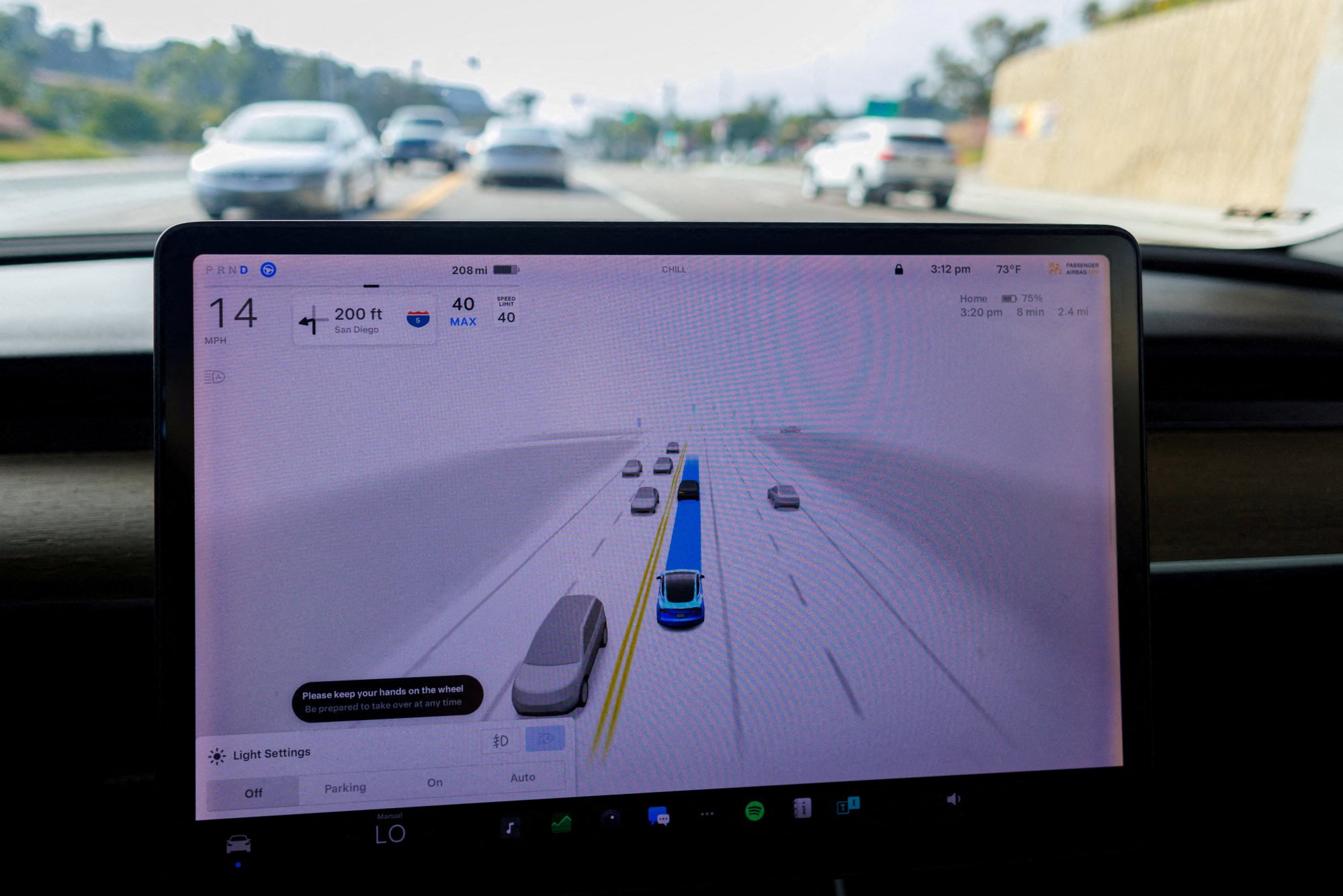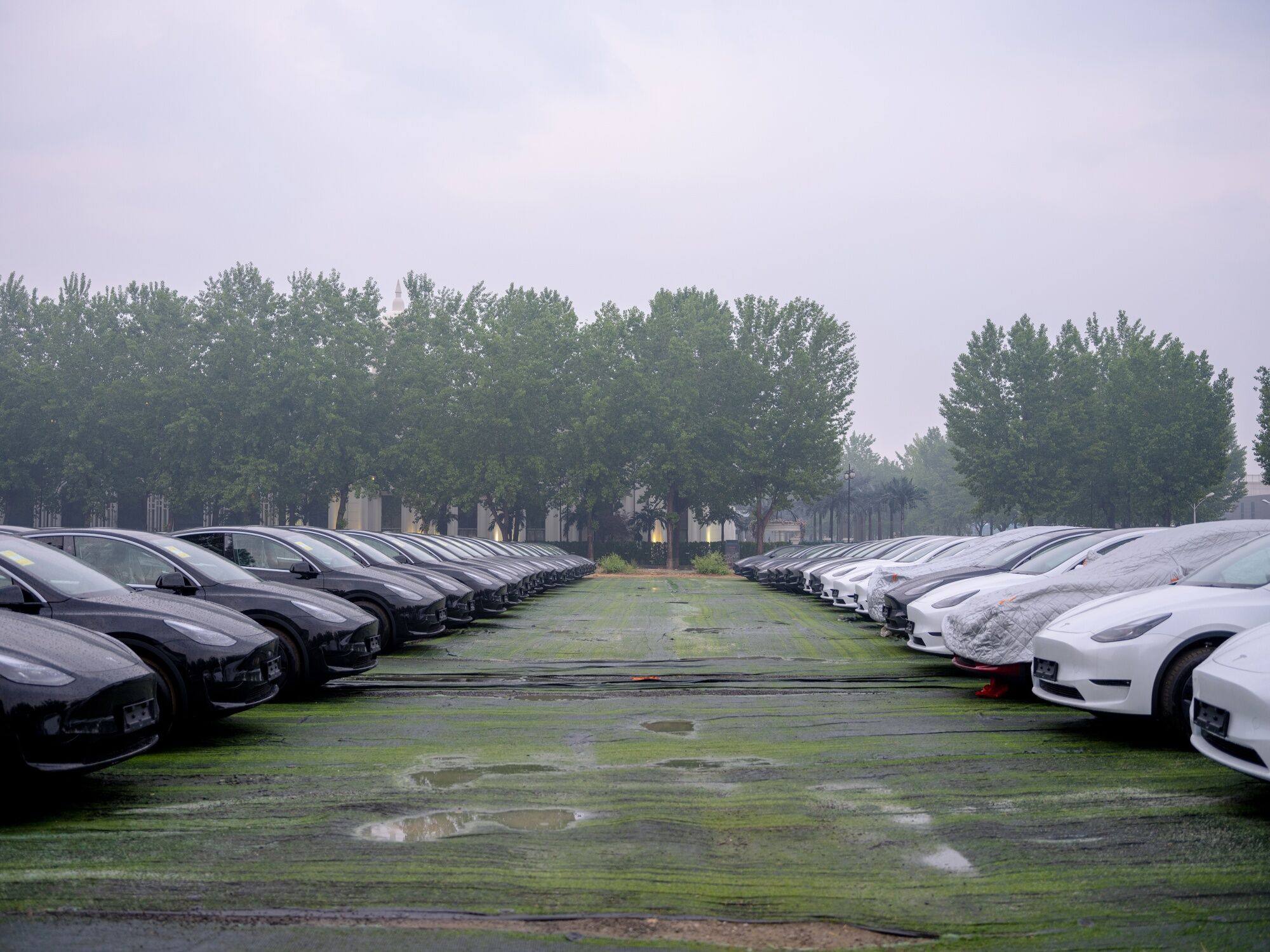
Tesla’s launch of self-driving system in China to widen autonomous tech adoption in world’s largest EV market, analyst says
- Tesla’s potential launch of its Full Self-Driving system in China is expected to help widen local availability of such autonomous vehicle technology
- FSD, however, is unlikely to shake up the industry because Tesla’s domestic rivals have started to offer similar technologies
“The good thing is that they can help make the adoption of autonomous driving more widely available to consumers,” Lee said.


There are close to 100 auto brands competing in China, including 70 traditional carmakers, and many are sacrificing profits for survival by offering steep price cuts, according to BofA’s Lee. Industry consolidation in the next two to three years will see less than 30 players left in the market, Lee said.
BofA estimates China’s EV penetration rate to reach 50 per cent of new car sales in 2025, compared to 42 per cent projected for this year. That would be an improvement from last year’s 35 per cent penetration rate.
“This is very different from the US and Europe because we have seen EV penetration slowing down in these two big markets in the past few months already,” Lee said.

